One of the Nordic region’s biggest series successes comes from the Norwegian state TV channel, NRK itself, and on top of it all, it is a very controversial series.
Greed is (still) good!
Season 1 premiered in the autumn of 2019, and, like the first season, the plot and the sequel are based on in-depth interviews with four financial tycoons at Aker Brygge who have happily unfolded their highly outrageous, immoral and straightforward cynical life for the series’ creators.
In a sort of mix of Billions and The Wolf of Wall Street, we meet Adam (Simon J. Berger) who loves cocaine, gorgeous whores, expensive watches and Porsche, Henrik (Tobias Santelmann) the gang’s happy boy, with a fussy wife and four mulatto children, Jeppe (Jon Øigarden) as the boy gang’s violent, yet empathetic, Gordon Gekko and William (Pål Sverre Hagen) who can neither tolerate his manic depressive wife nor his own pathetic lifestyle – which then also made him put a shotgun in his mouth, and press of, last season.
To take the most obvious conclusion right away: If you had a great time with the first season of this fucked up boy band, then season 2 is guaranteed to fall in love. That said, the second season adds, unfortunately, very little news both about the outraged environment in which the financial cuts operate, nor their damaged personalities and emotional lives.
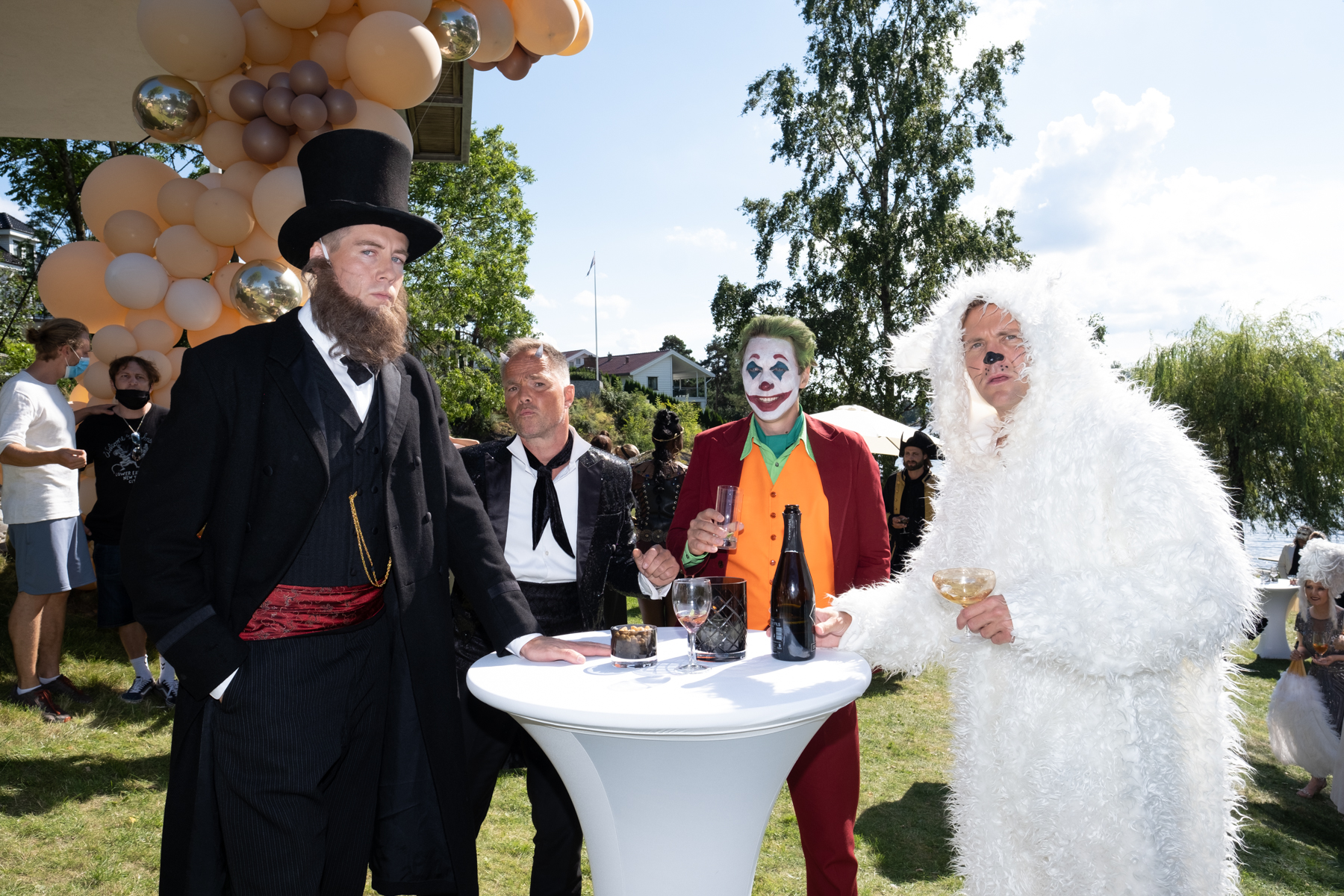
An inside job
As director and screenwriter Øystein Karlsen has stated, approx. 70% of the whole story is closest to a documentary of what they have been told by these real alpha males, while 30% is dramatized fiction. This round focuses on insider trading.
The gang’s obvious psychopath, Adam, gets an inside tip about a giant acquisition in the salmon farming industry (we are in Norway!), and implements his entire network, and partners, to profit as much as possible from the illegal information before the acquisition is announced.
The corona pandemic put an end to production for a long time, but after coming up with adequate infection control, the challenge was faced with blocked borders – especially considering that much of the action was set in Manhattan. Surprisingly, the corona is mentioned a couple of times, but we obviously seem to have put the pandemic behind us.
With the blue screen and parts of Oslo’s new skyline as a stand-in, the travel restrictions have been solved in an astonishingly successful way. Here the plan was for the universe to expand, both geographically and the character gallery itself.
More disappointing is that one has gotten so little out of the new characters, as well as having felt a totally unnecessary urge to moralize about these distorted gentlemen’s lifestyles, and the antics in the (to put it mildly) economic gray areas of the law.
Rolf Lassgård was far more interesting as a financial bohemian on the Azure coast, Sofia Helen as a hard-nosed broker lacks both pondus and credibility, Anders B. Christiansen goes from simple lobster fisherman to money laundering, without his potential being exploited, while Marie Bonnevie is with …because?
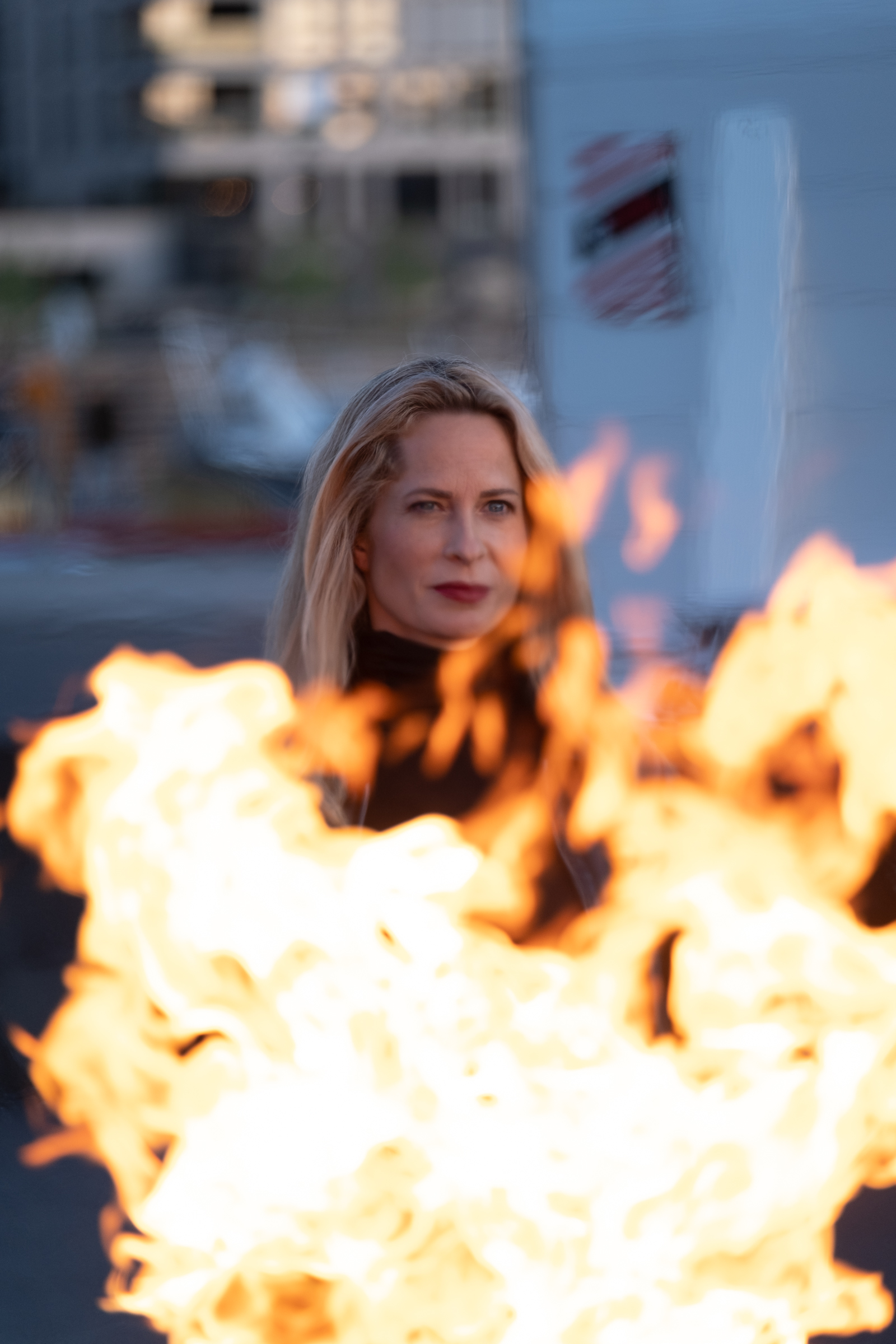
Morally wrong?
When producer Petter Testmann-Koch stated ahead of the premiere that the second season is “even more fucked up”, it is not totally true.
While the first season was more of a borderless play for the four sociopaths, Karlsen has this round given them a slightly tighter framework, and felt a need to both explain how they operate, and how morally wrong what they do is.
The first makes the series feel a bit banal and bordering on artificially instructive (“this is how the stock world-and-insider trading” works), while the tendency to criticize the happy boys’ completely egocentric behavior seems intrusive, alienating and takes away some of the fun. It is, as with totally immoral Jordan Belfort in The Wolf of Wall Street, the intention that we should “cheer” (albeit with an embarrassing taste in the mouth) for the financial crooks.
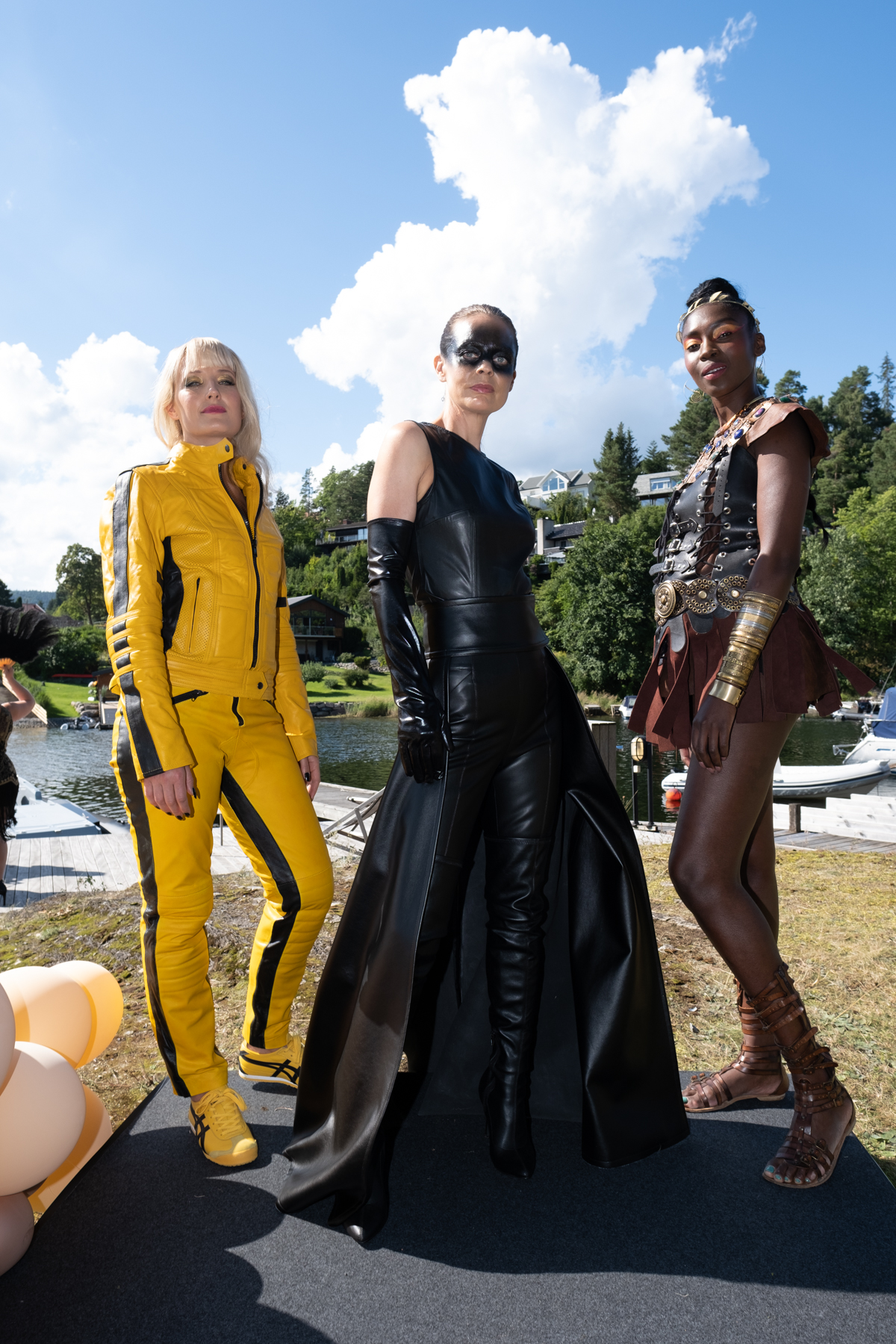
The ladies strike back
The ladies are given a slightly more prominent role, but believe us, this is still the boys’ world and domain.
Especially Hermine, once again a frighteningly talented Agnes Kittelsen, gets to shine when she does her best to stand on her own two feet, and break all ties with Adam. Unfortunately, not everything goes according to plan, and she has a tough awakening.
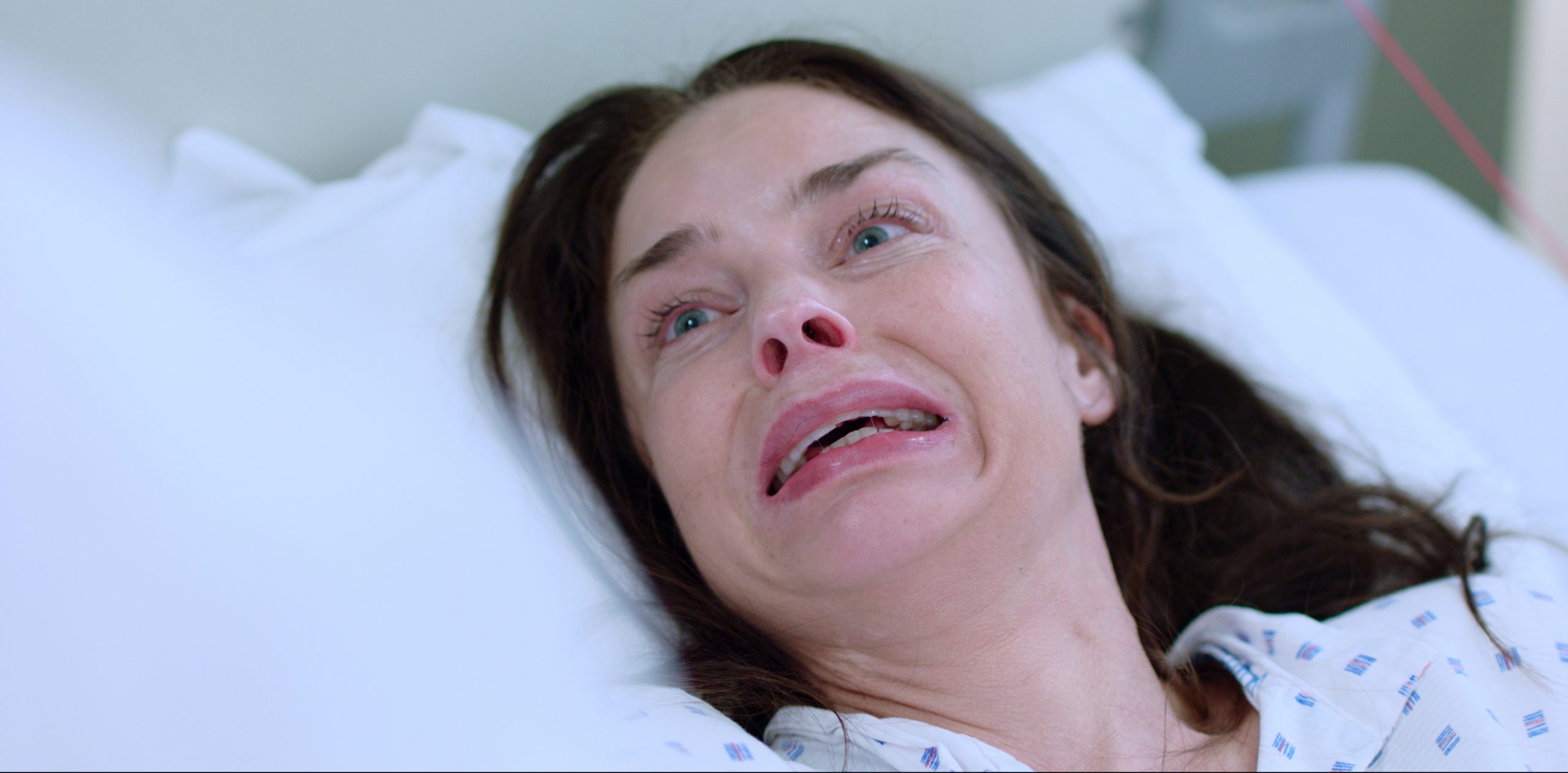
As before, the cynical, and notoriously unfaithful, men only keep wives and children as empty trophies, but as conditions break up, the scorned ladies try to join forces. Interesting contrasts between the blatantly superficial Celine (Ine M. Wilman), who is terrified that the children will now have to “walk around in Cubus clothes“, displaced ignorant Tomine (Sonja Wanda), and the lady with balls, Hermine .
We never really get to know Jeppe’s wife, however, we get a fantastic scene where Jeppe finds out that it’s a great idea to take a male stripper home in the middle of the night – to spice up the sex life a bit…
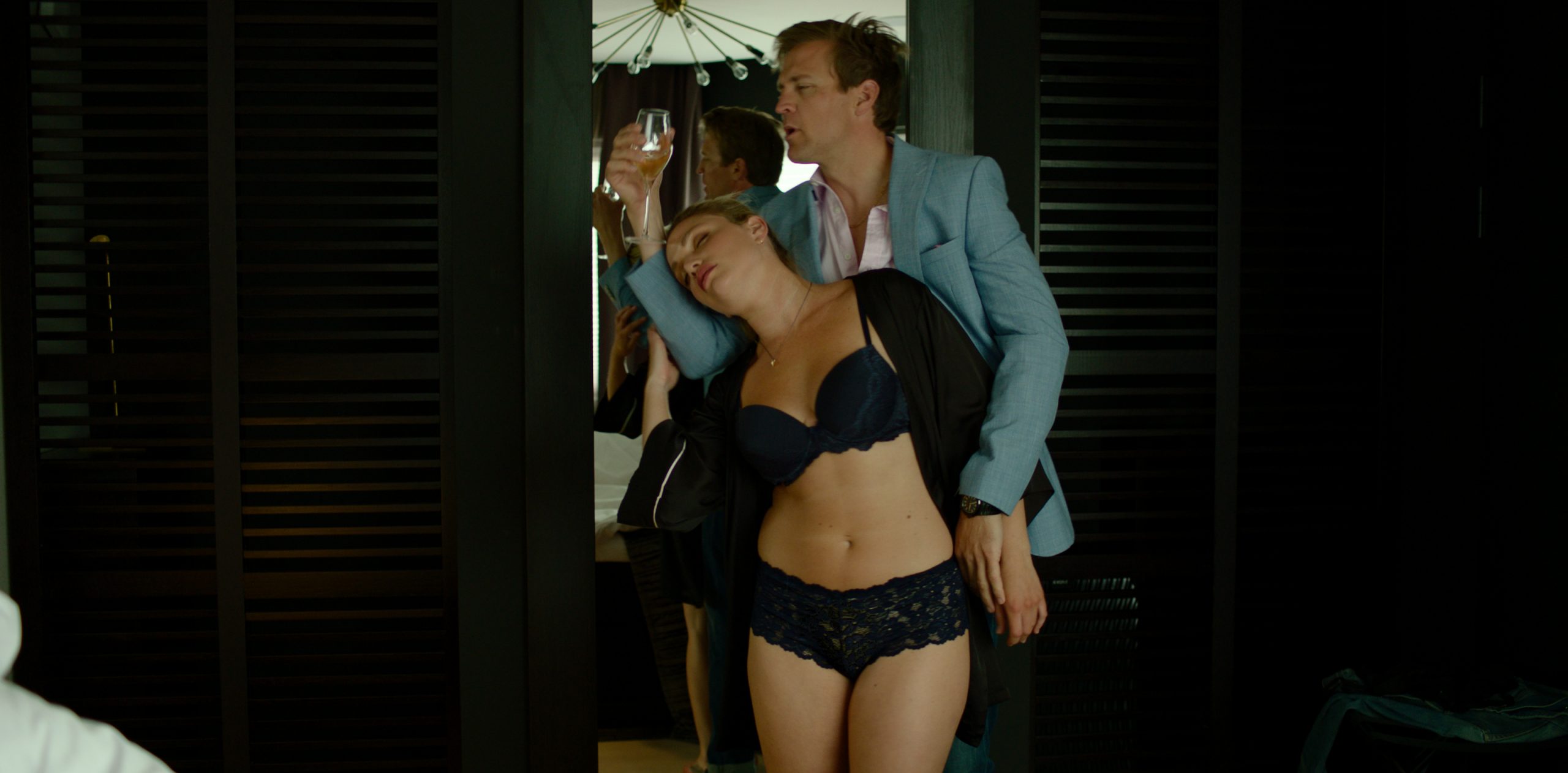
Wonderfully politically incorrect
In a social media society characterized by a discourse that all too often tends towards political correctness, where “everyone” feels the need to shout that they have been violated, there is something liberatingly bold about Karlsen’s script; which throws away all pretence of political correctness.
Here, Eastern European artisans are characterized as “Europe’s horses, with more muscle than brain”, the (many) Filipino au pairs are stupid utensils that no one (except William) remembers the name of, almost all people of the opposite (“weak”) sex are considered whores / use-and-throw-away-objects and it is completely natural to travel to Mozambique on a trophy hunt for a lion’s head you can nail up on the wall (even if you come home with a worn-out wildebeest).
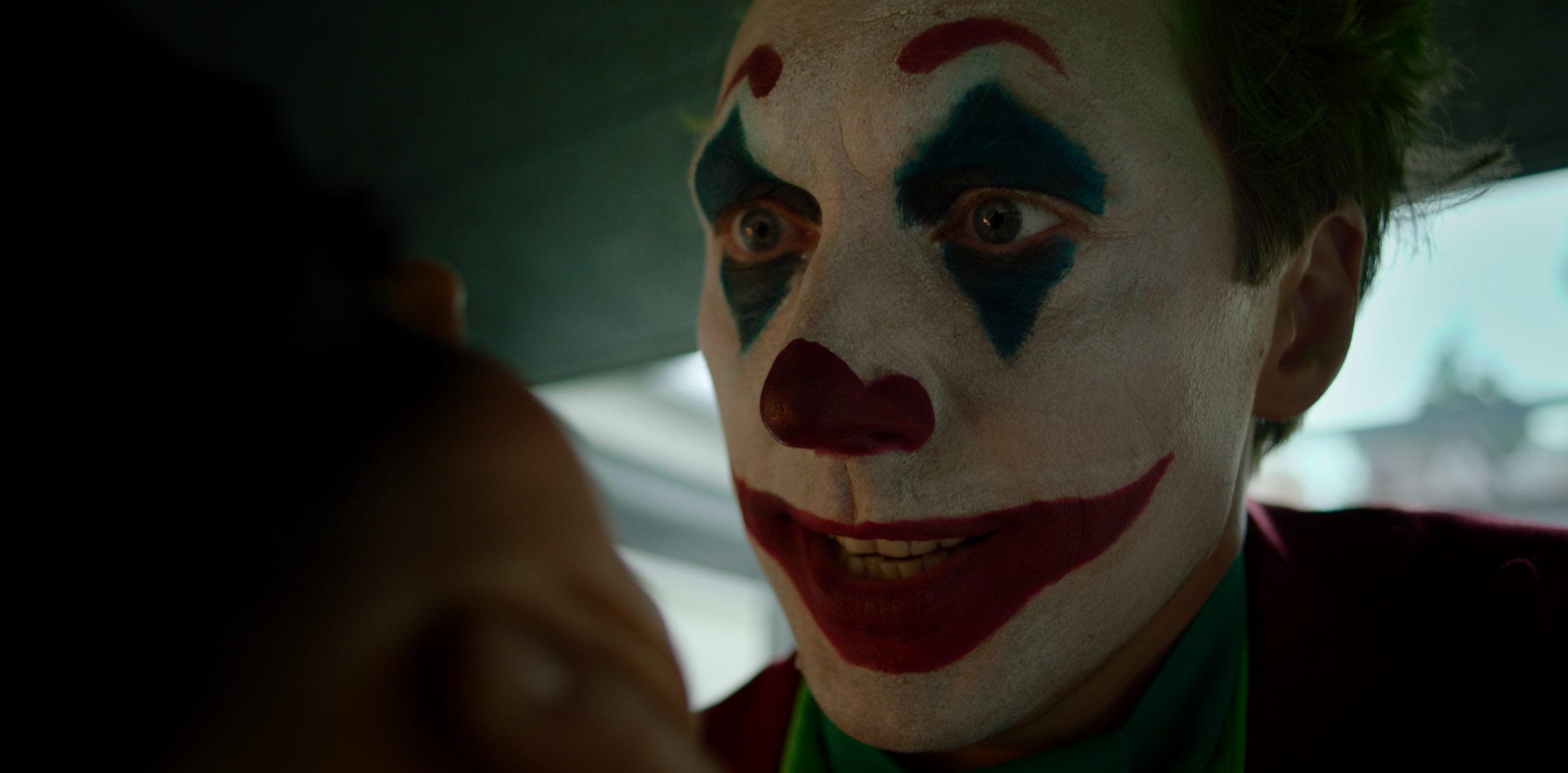
It is precisely this lack of norms, and the awareness among financial tycoons that they are high above all society’s norms, laws and rules that creates the wonderful dynamics of the series. They themselves are fully aware that they think, and act, so – and they even brag about it. Karlsen writes very well, and spot on, about emotionally blunt cynics. He has previously written exemplary, genuine and warm, and interpersonal relationships in the TV series Dag.
Assholes that we care about
Despite all their human weaknesses, shortcomings and complete lack of moral compass, we can empathize, and have (a certain degree of) empathy for the guys.
With the exception of the psychopath Adam (“A fucked relationship is also a relationship”), the other three have several reconciling, human, traits. Jeppe (another star interpretation by Jon Øigarden) is a world class sex addict and breaks the rules and laws as he sees fit, yet he does his best to reconcile his parents who have been divorced for many decades. William (an intense Hagen), who has recently returned from a long stay in a psychiatric hospital and rehab, has an icy, asshole behavior towards his wife, while he tenderly cares about the family au pair, and tries to do the right thing; as well as to steer his shambles of a life.
Henrik is definitely the most cynical of them all, but deep down he is just a little boy who wants to be seen and loved – however, preferably by an uncomplicated prostitute. In addition, he now has acute anxiety about having contracted AIDS, while wondering if: “Joy of life, do you get that a on a prescription?“.
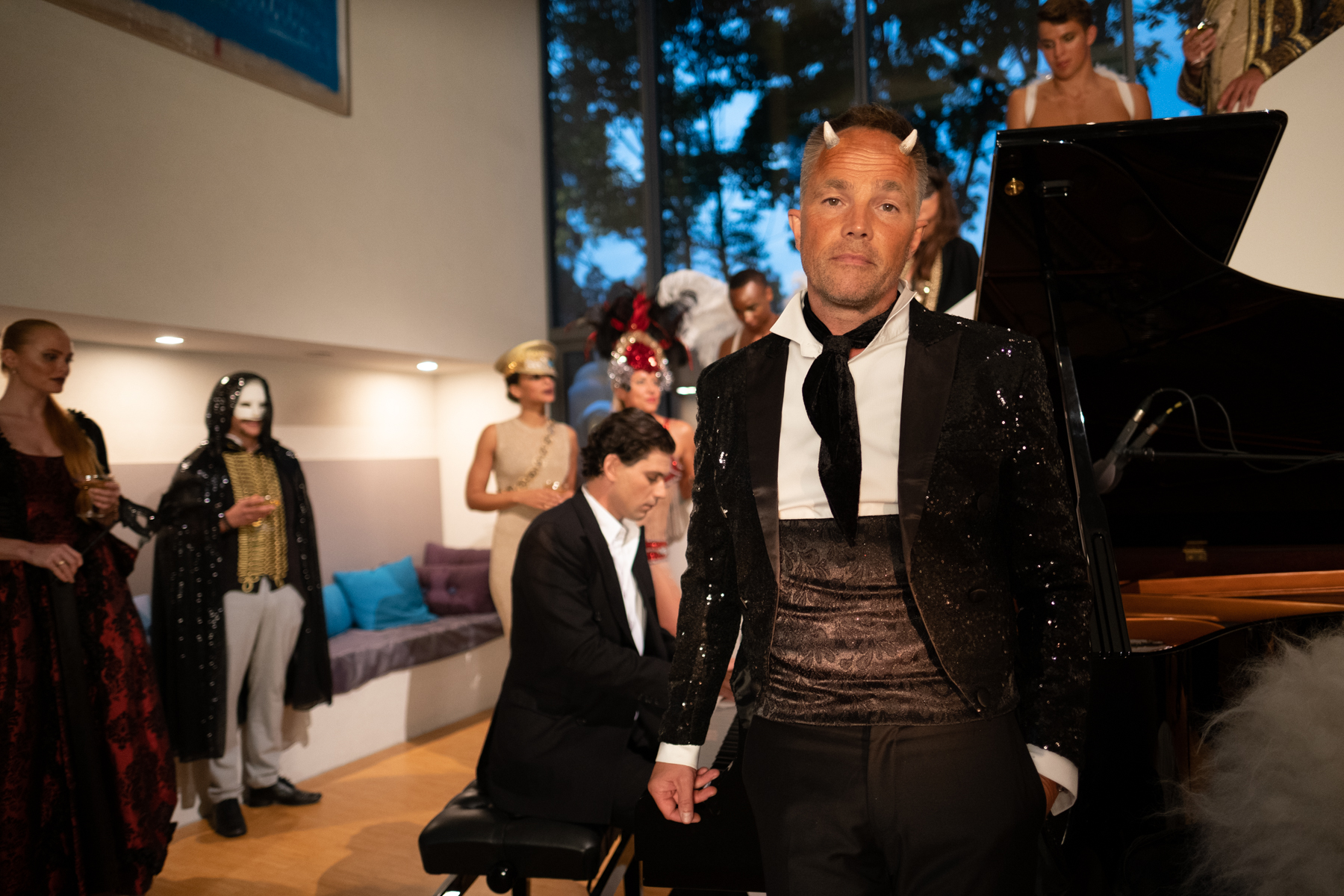
All of life’s sorrows and problems are dozed down in an endless intoxication of beer, booze, cocaine (occasionally served by runaway chickens!), Whores, viagra, big wins and an extravagant lifestyle. Exemplified by the lie of life they serve themselves: “I drew the winning ticket! Rich white man, in the richest country in the world – the shock is how fast you get used to it!”
It is in the complexity of the characters that the series is given life and we allow ourselves to be fascinated and drawn in, and this is where Karlsen succeeds so well; and we really believe in the good chemistry, and the unity, between the guys. Then we have to live with the fact that this round he feels a penchant for pointing a moral finger at their distorted way of life, and does not give us an equally sharp and original story. 5 faint stars.

Facts:
- NRK
- Release: March 5, 2021
- Director: Øystein Karlsen
- With: Simon J. Berger, Pål Sverre Hagen, Jon Øigarden, Tobias Santelmann, Agnes Kittelsen, Ine M. Wilman, Maria Bonnevie, Sofia Helin, Rolf
- Lassgård, Anders B. Christiansen, Sonja Wanda
- Genre: Drama
- Country: Norway
- Year: 2021
- Time: 4:40 p.m.
- Score: 5
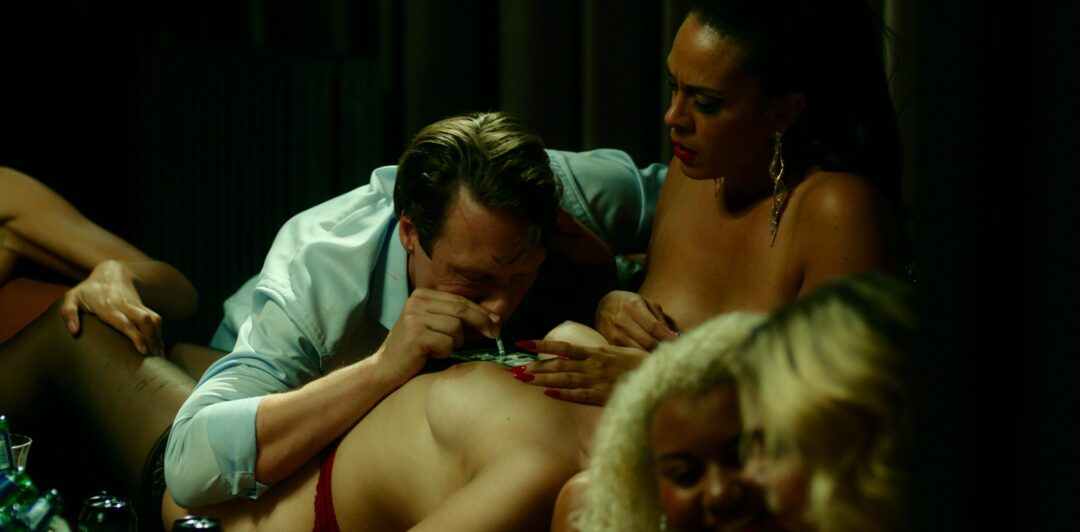

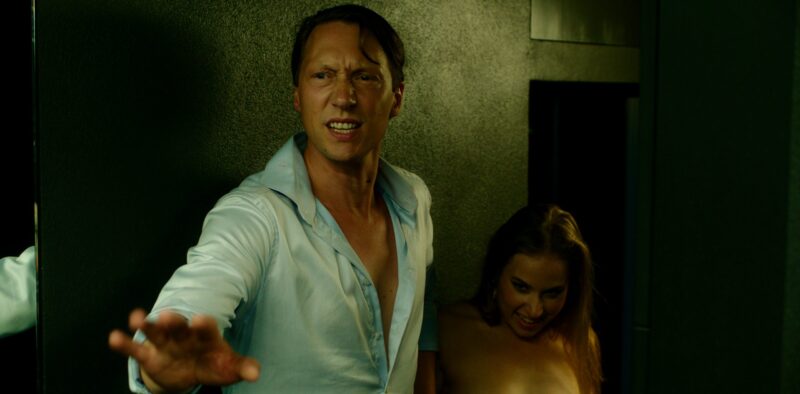
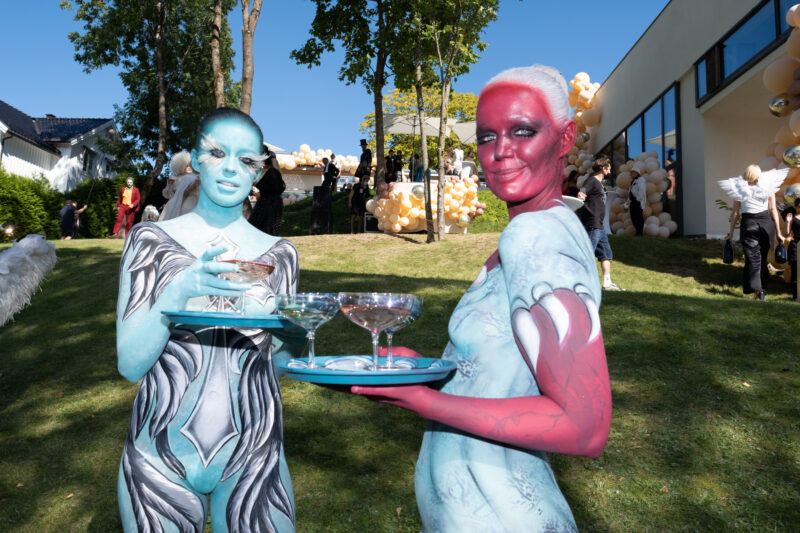
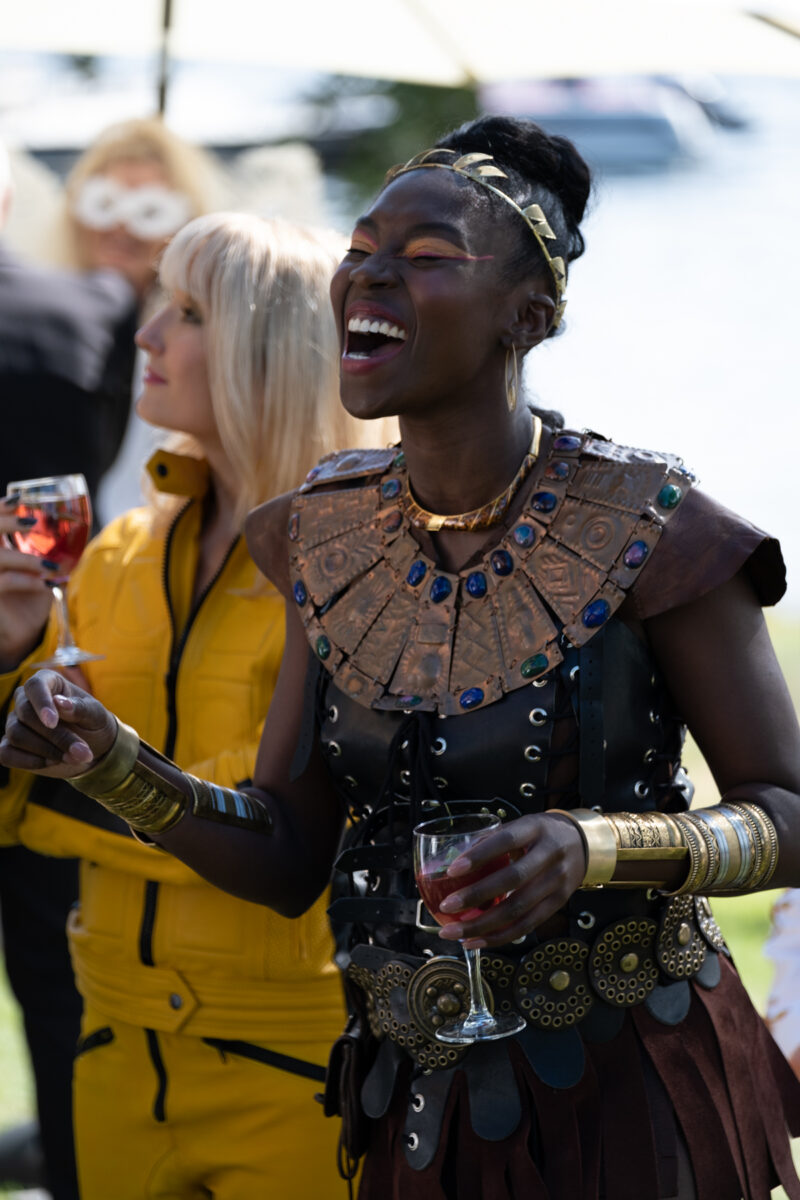
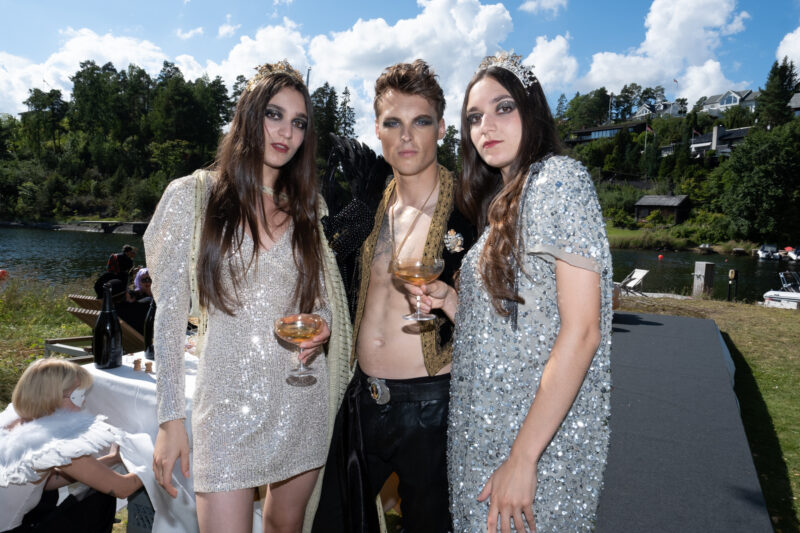
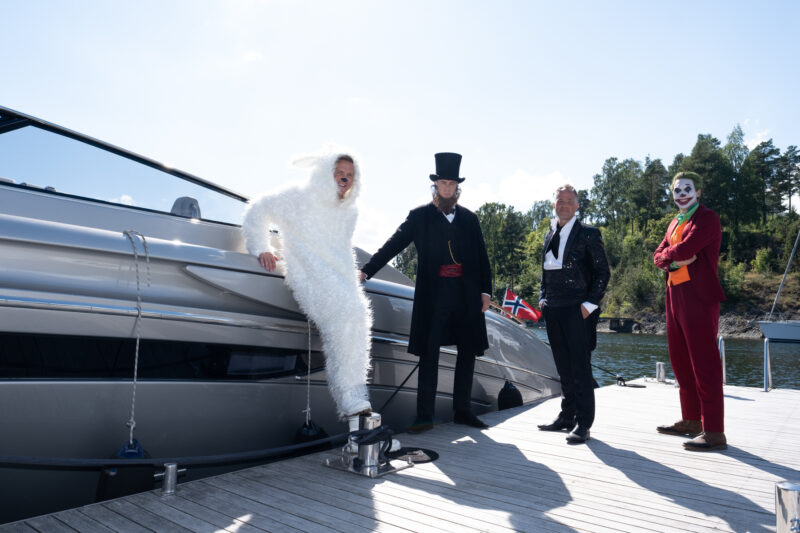
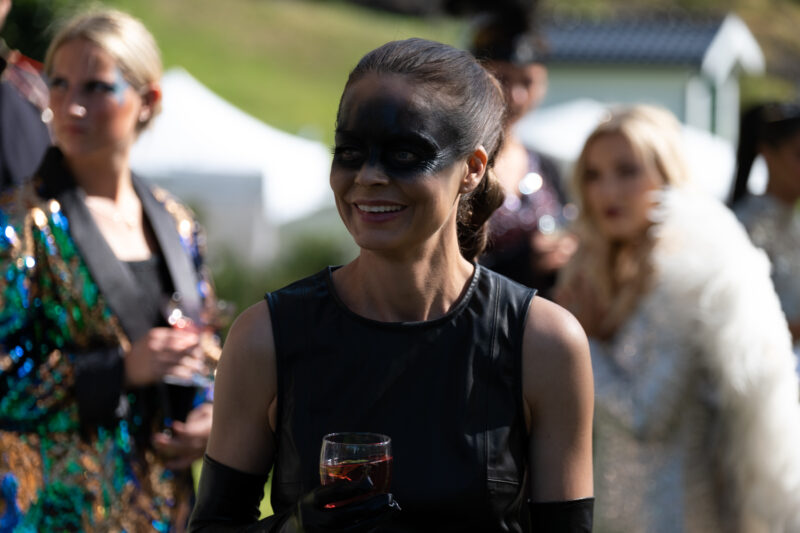
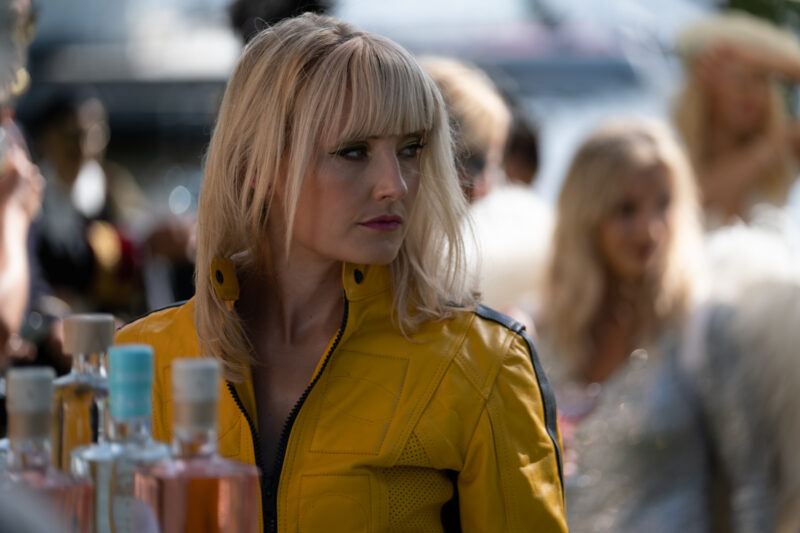
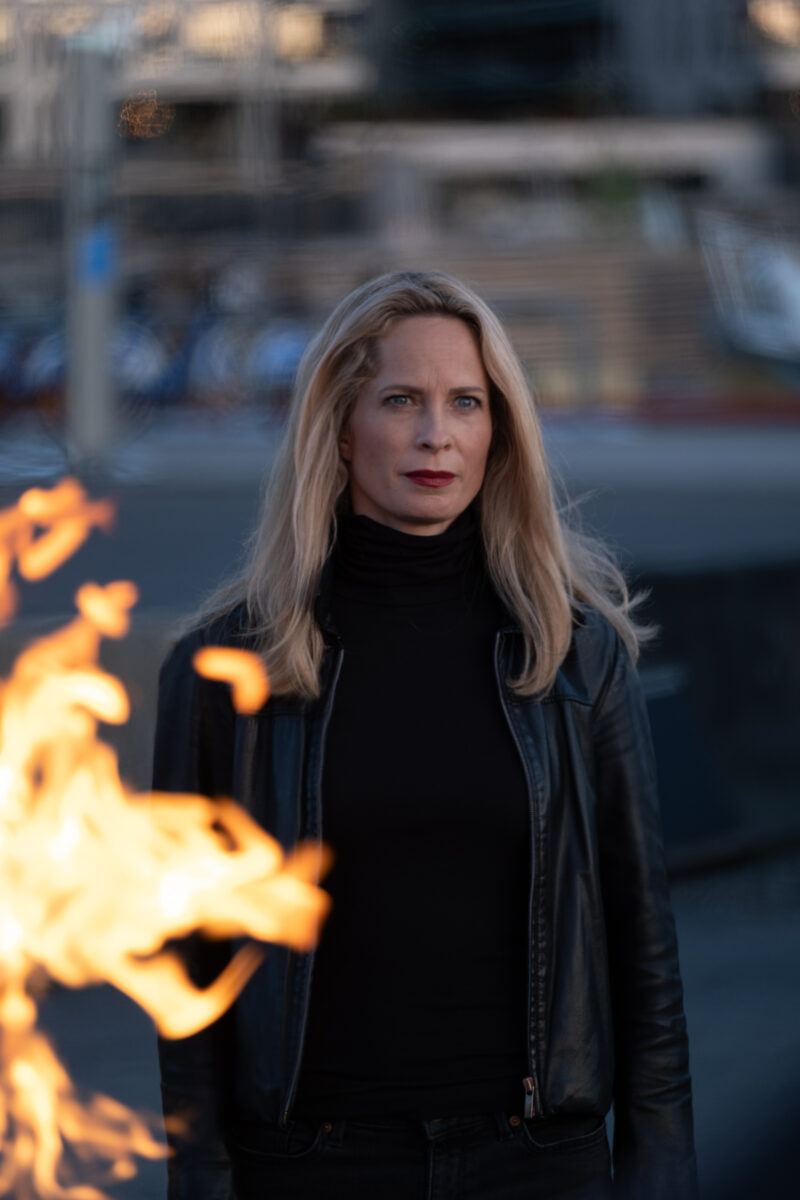
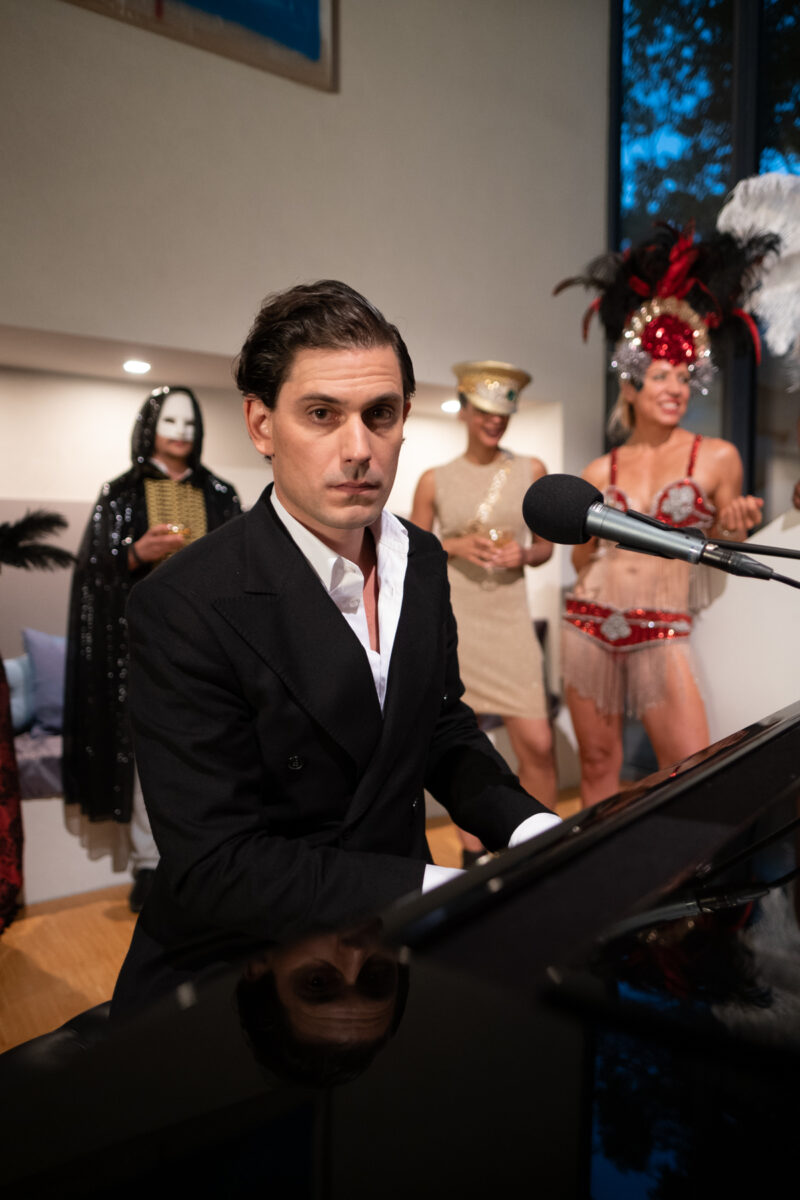
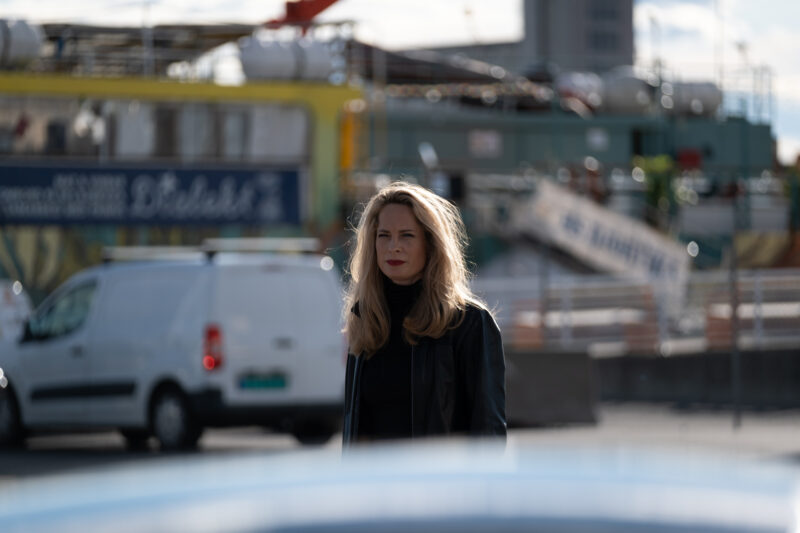
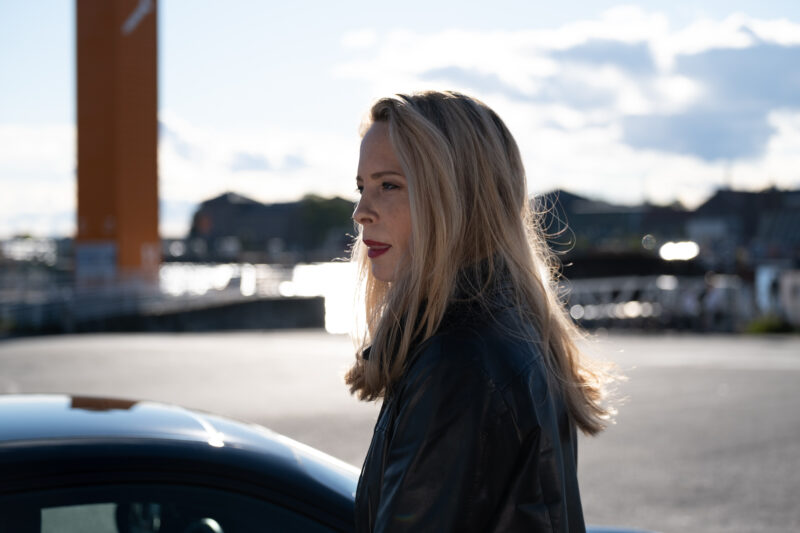
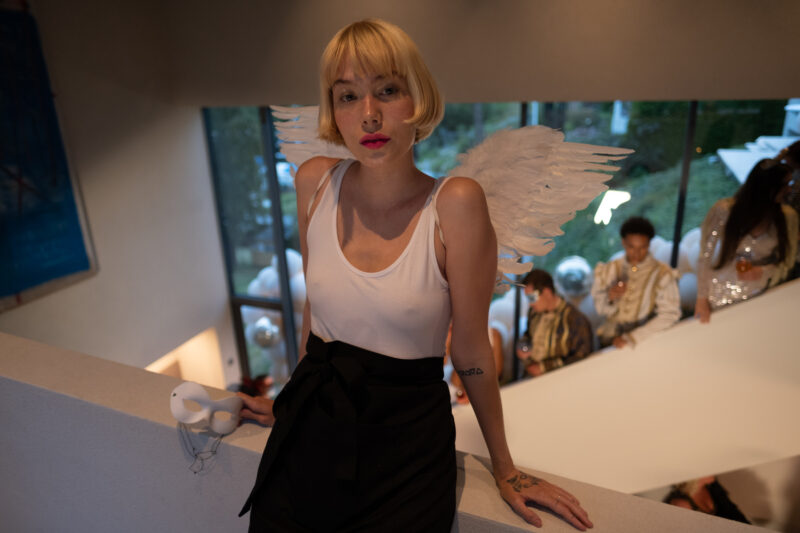
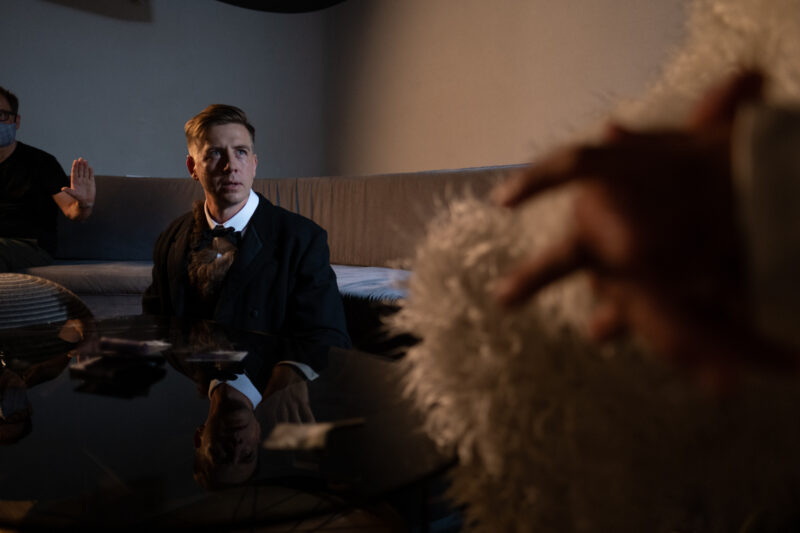
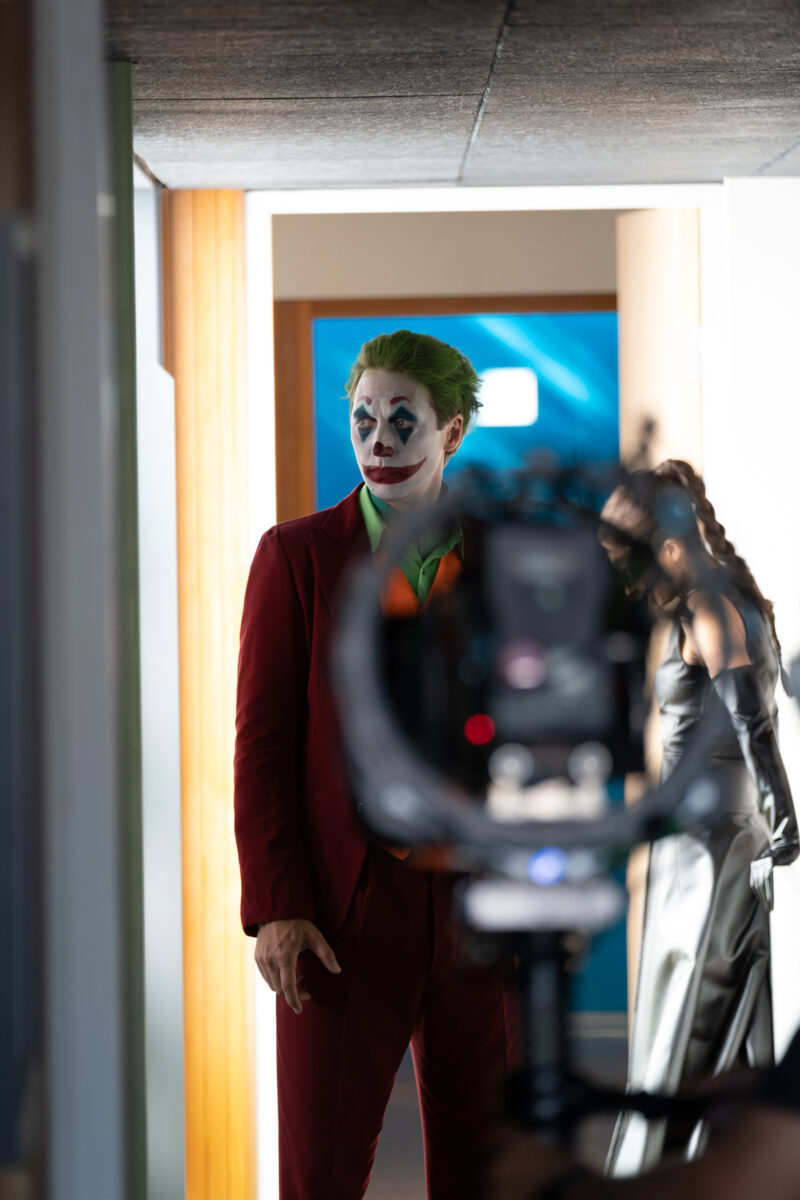
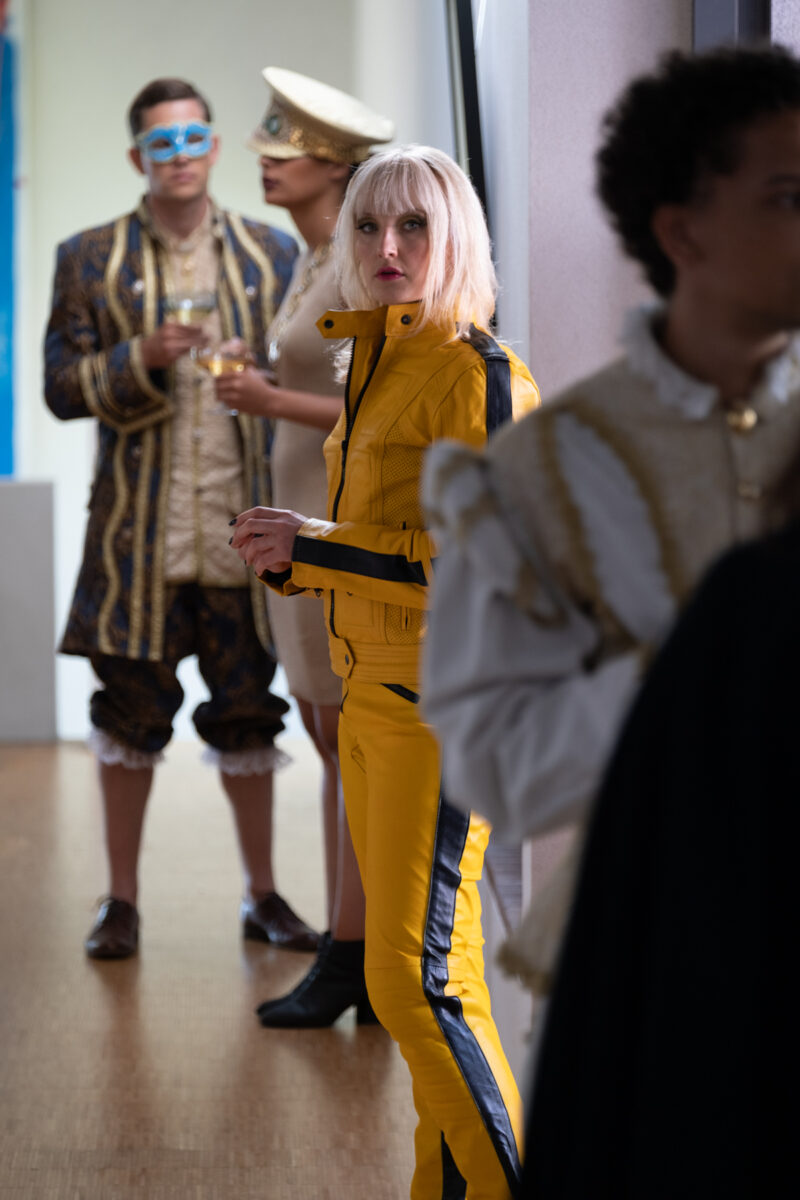
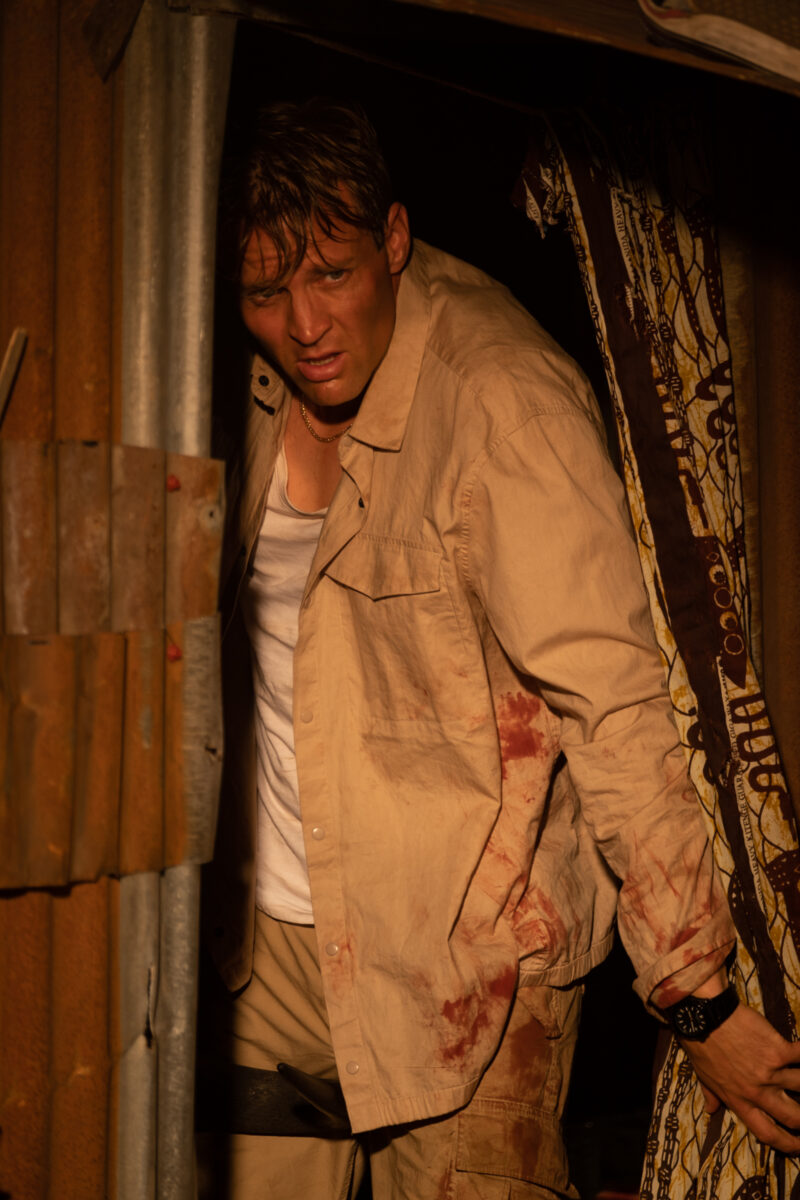
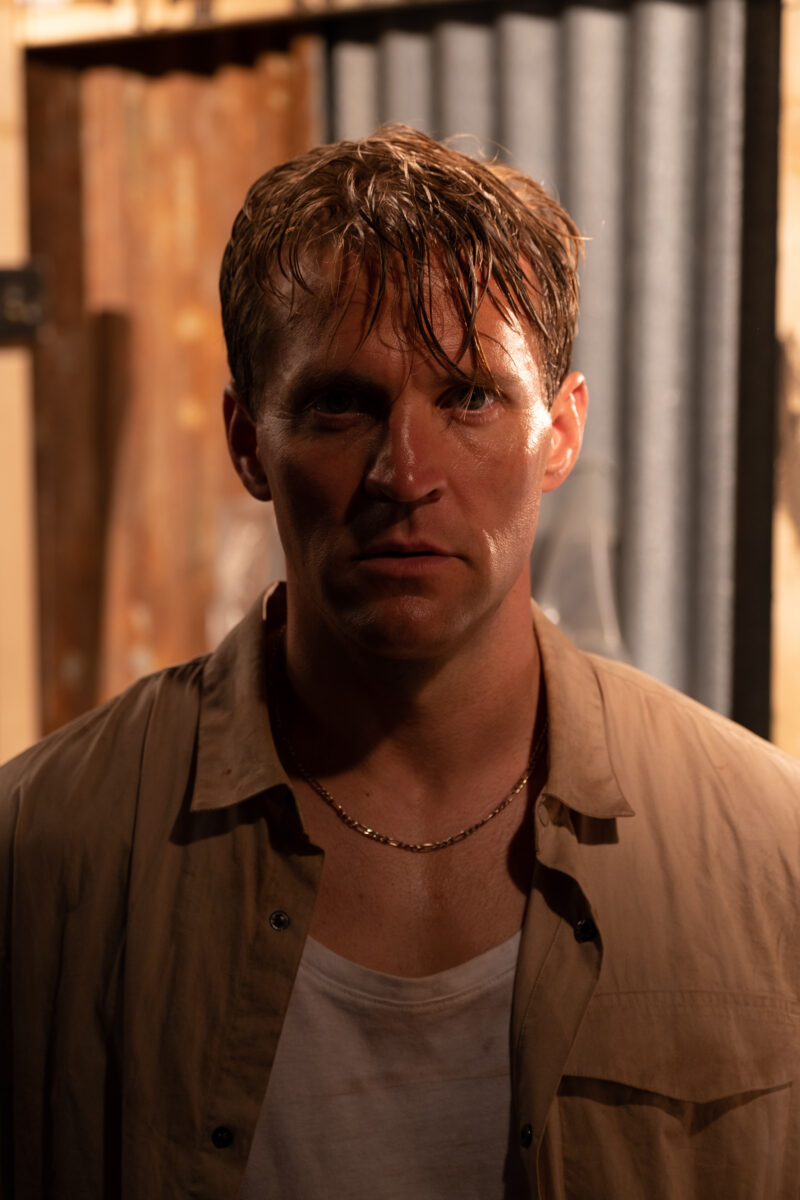
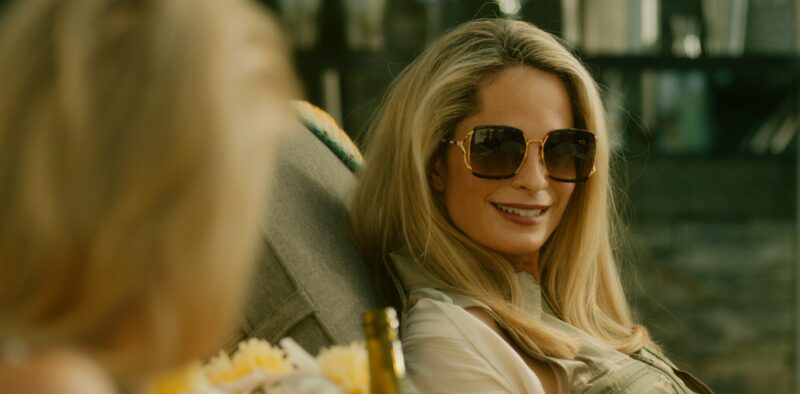
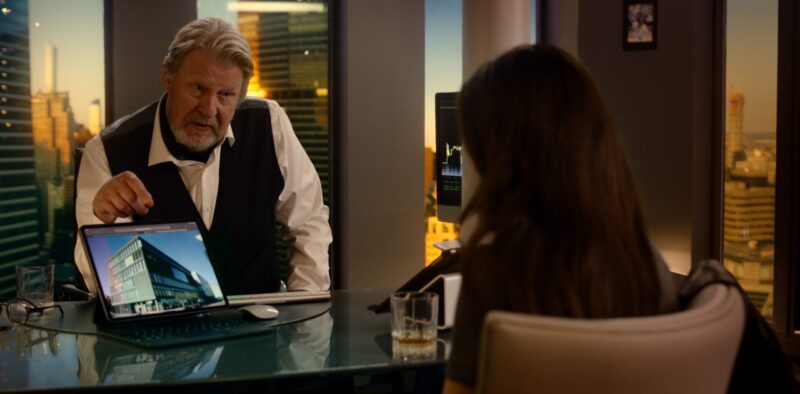
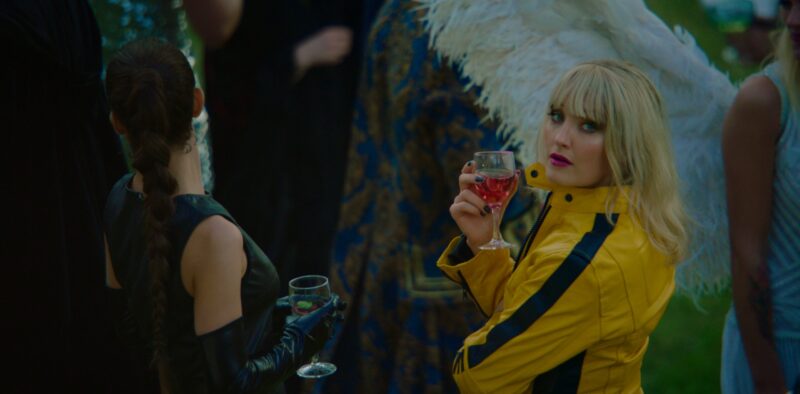
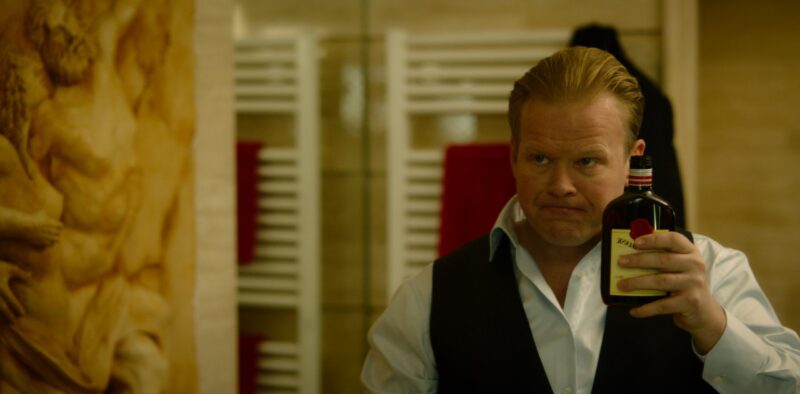
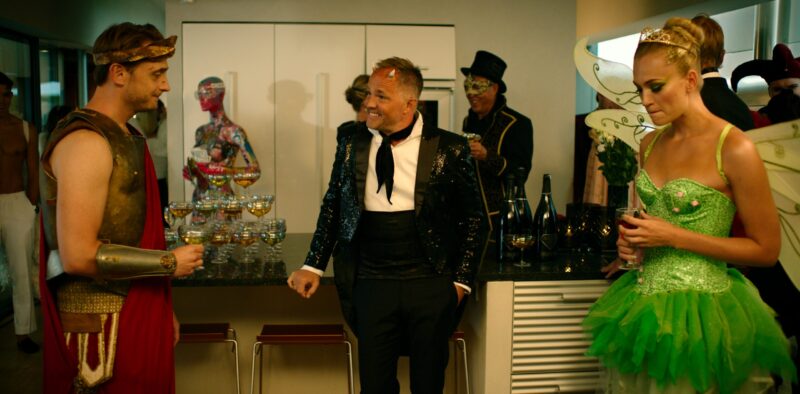
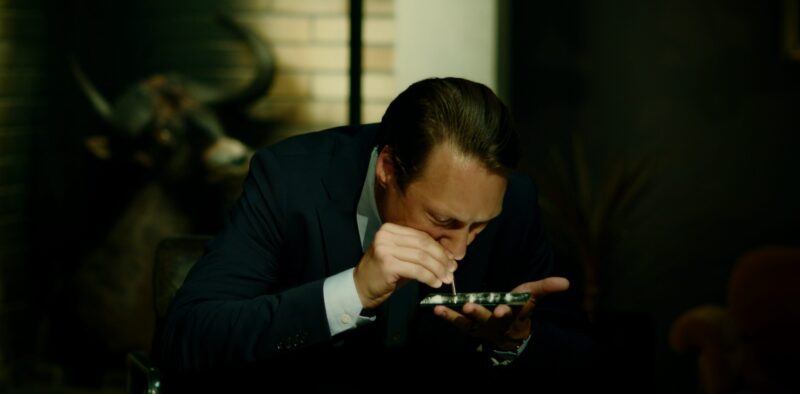
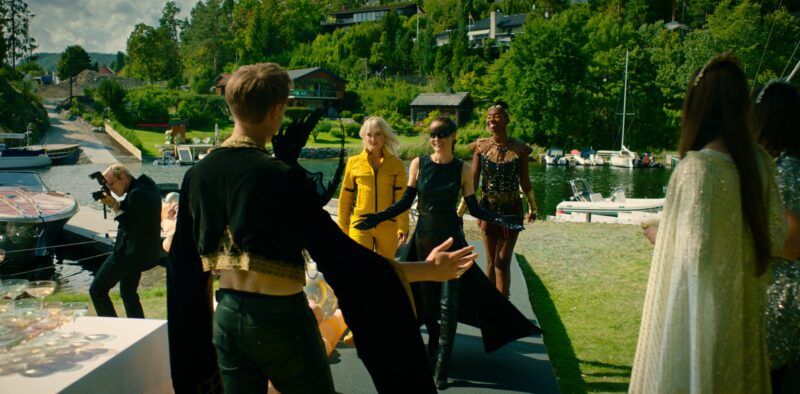
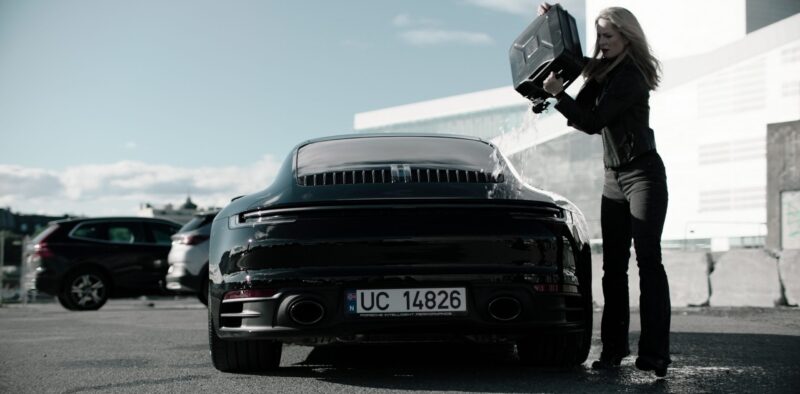
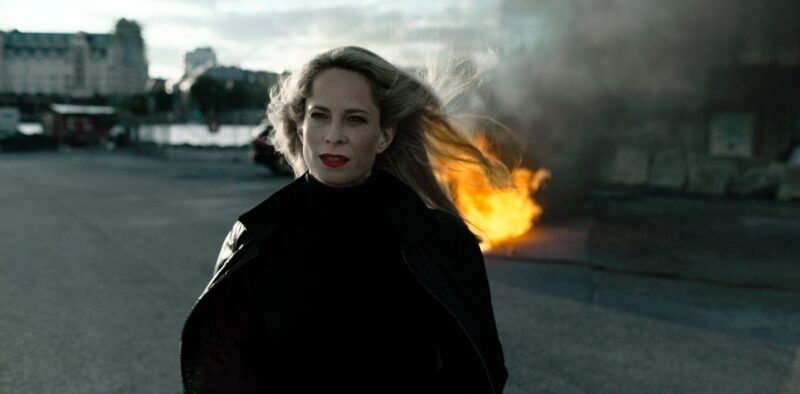
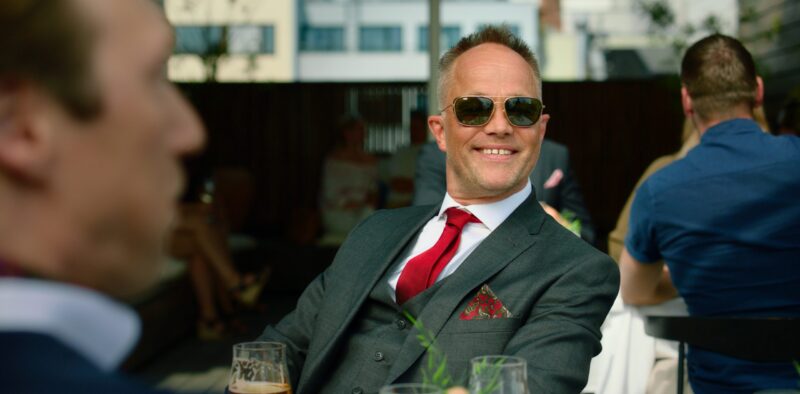
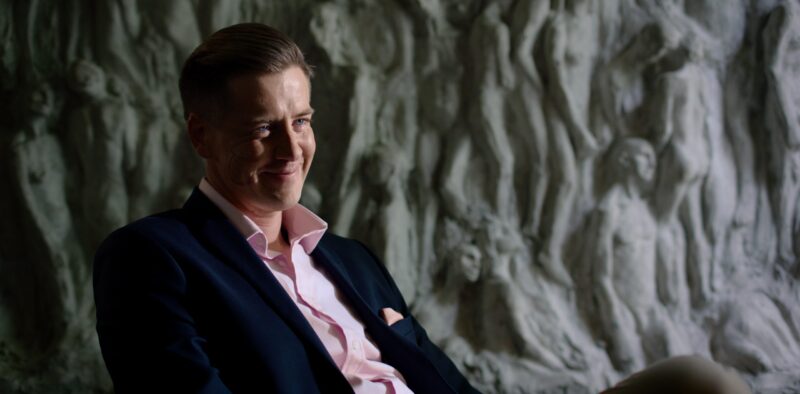
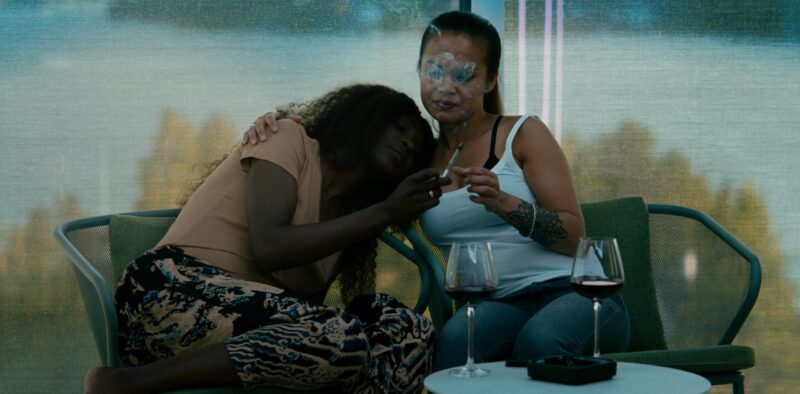
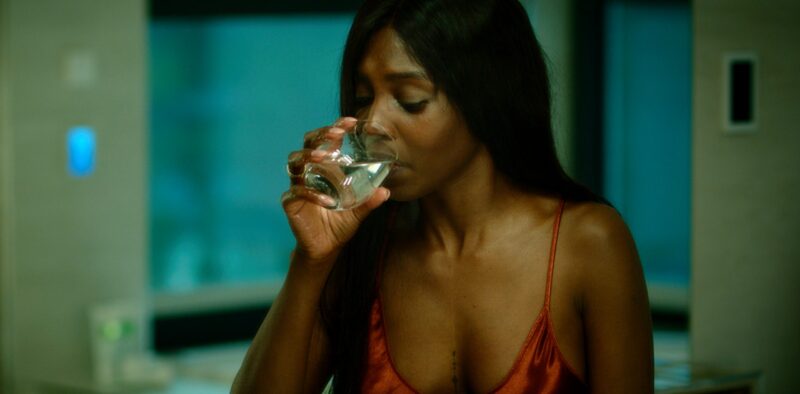
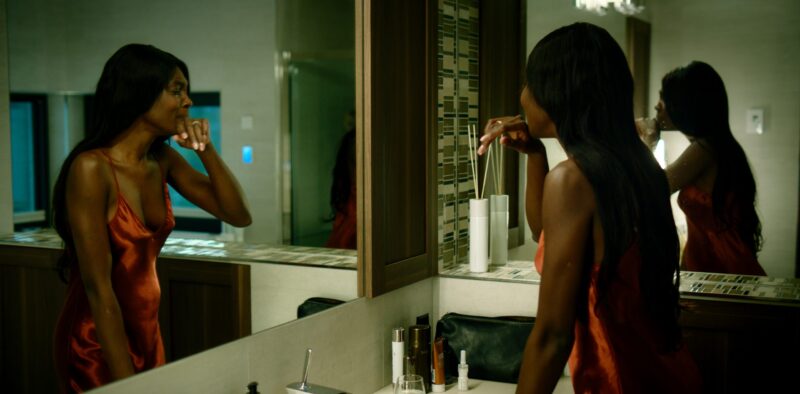
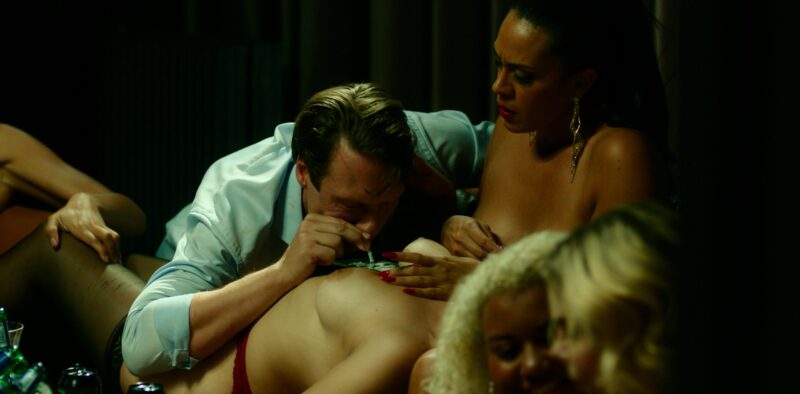
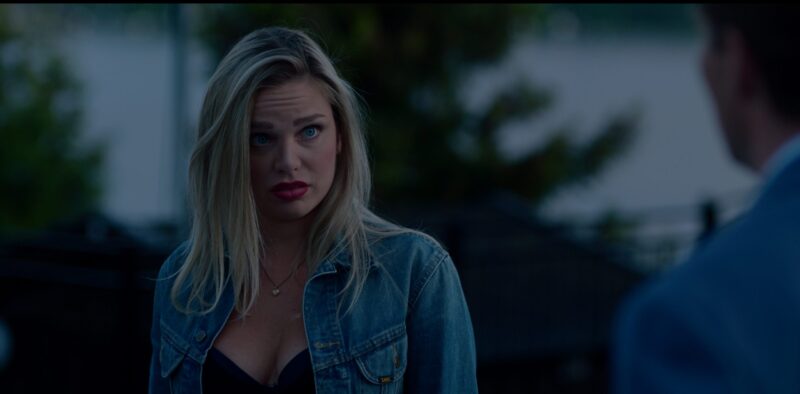
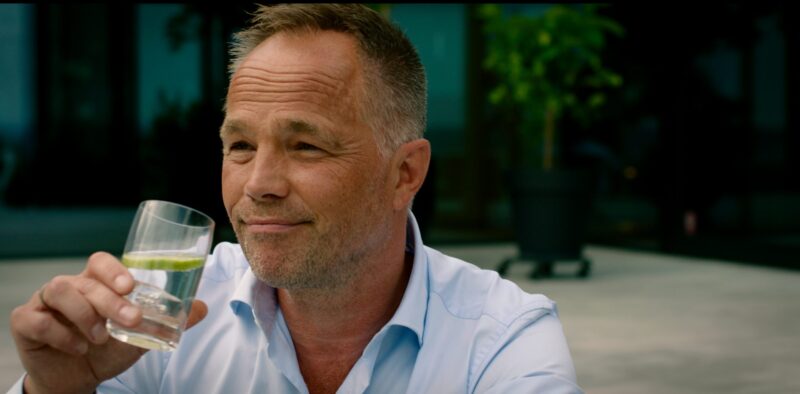
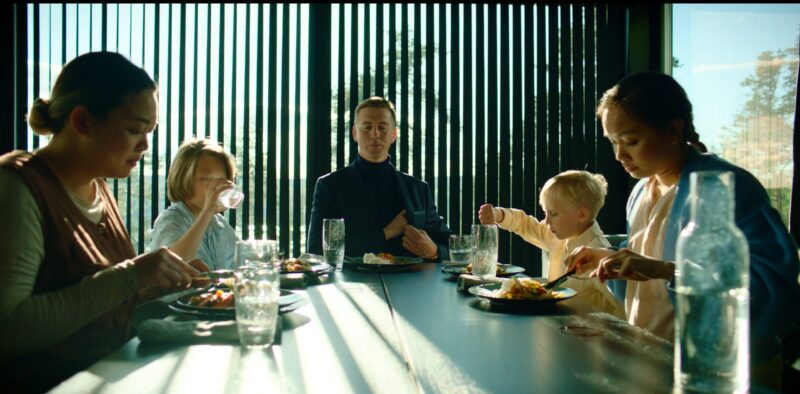
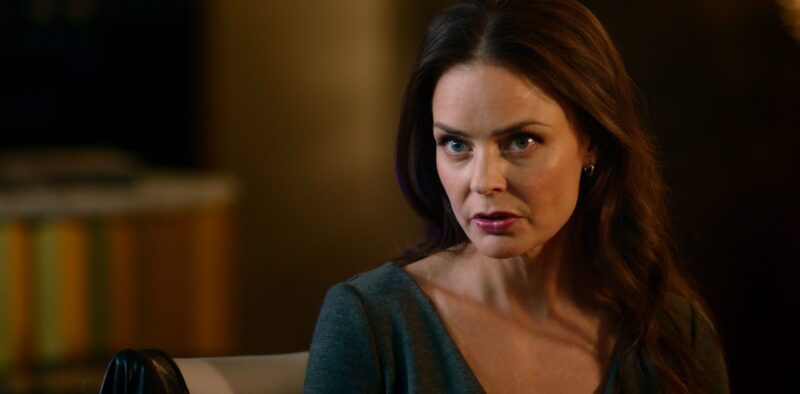
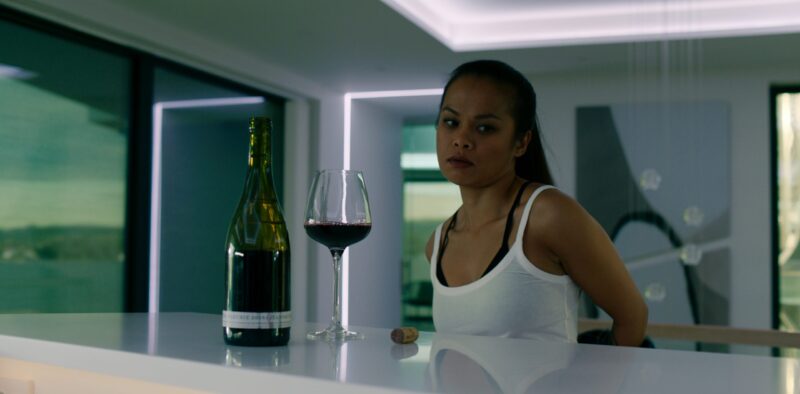
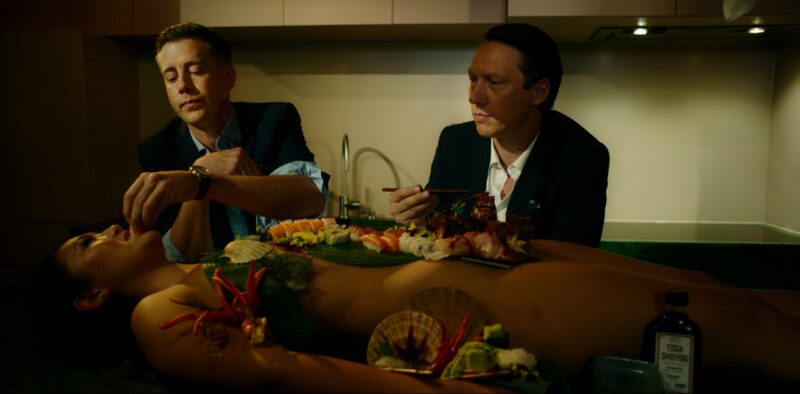
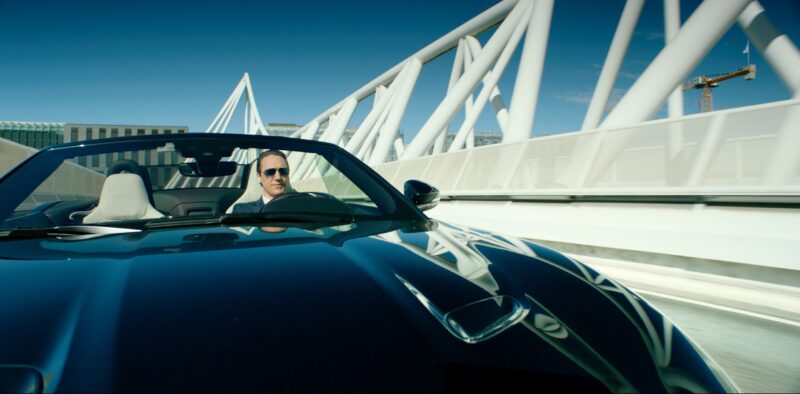
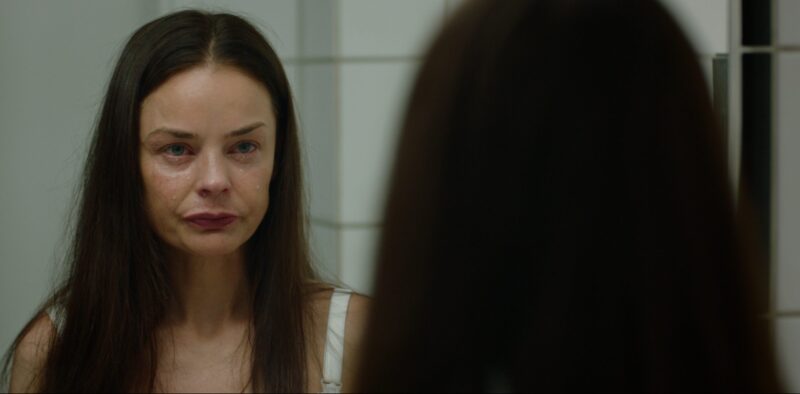
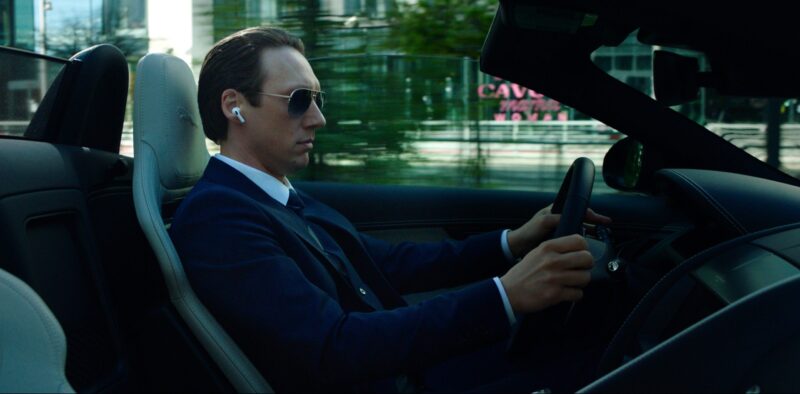
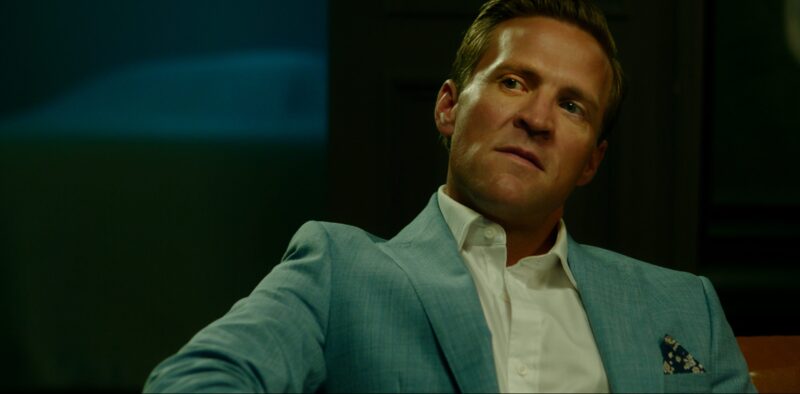
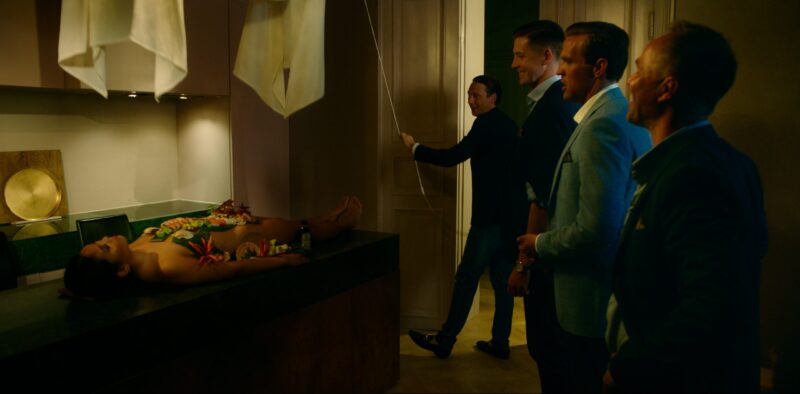
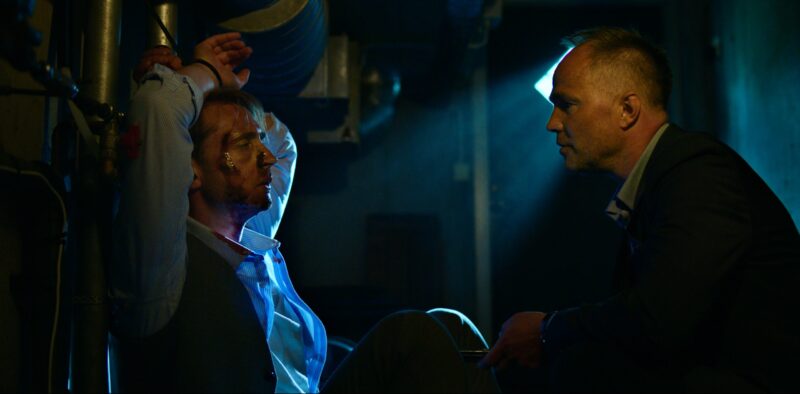
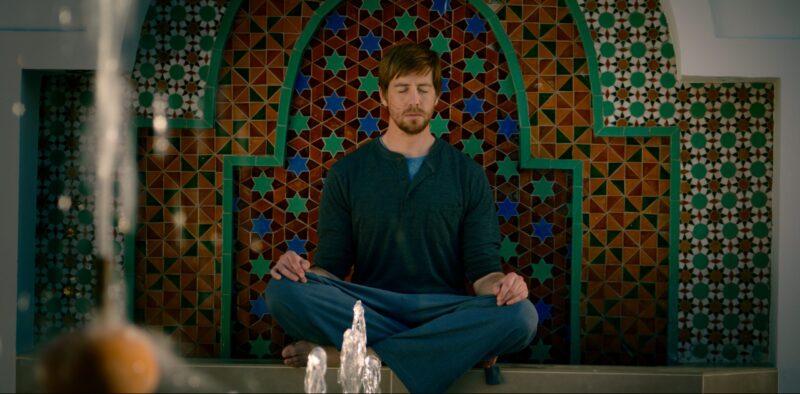
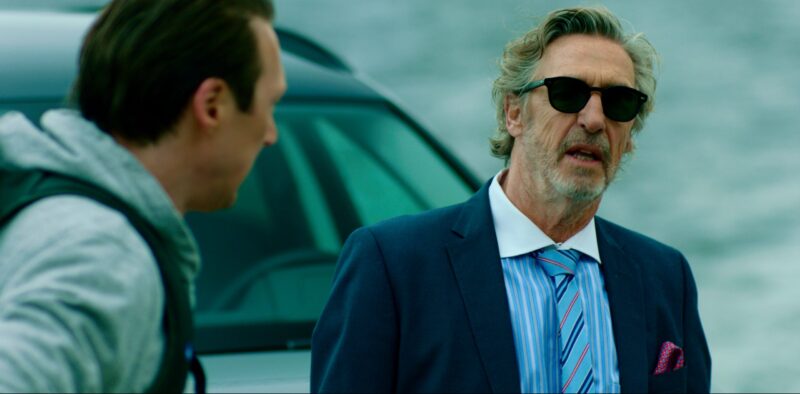
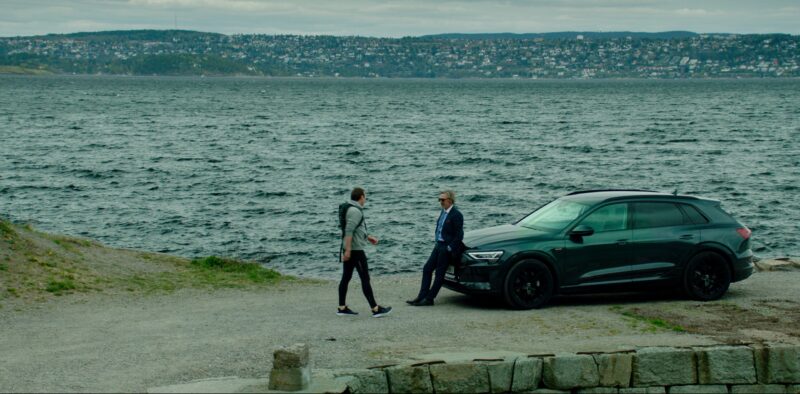
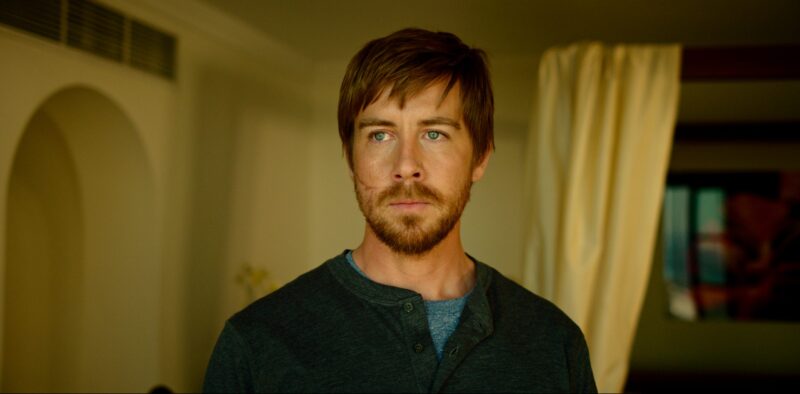
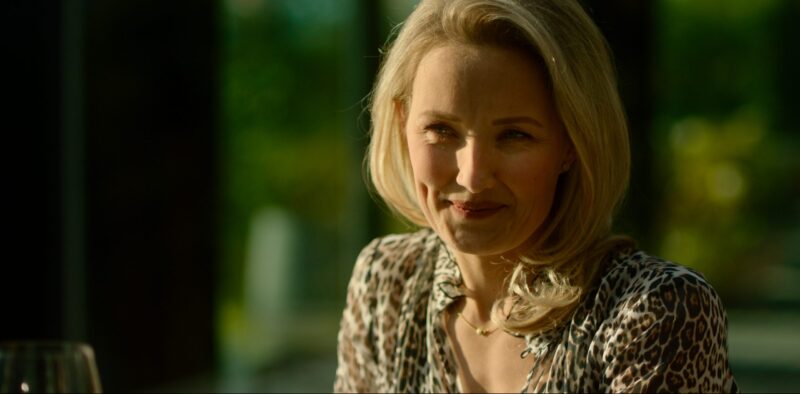
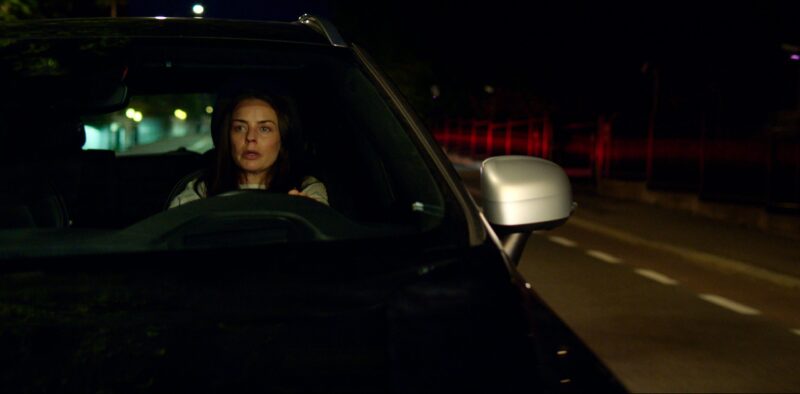
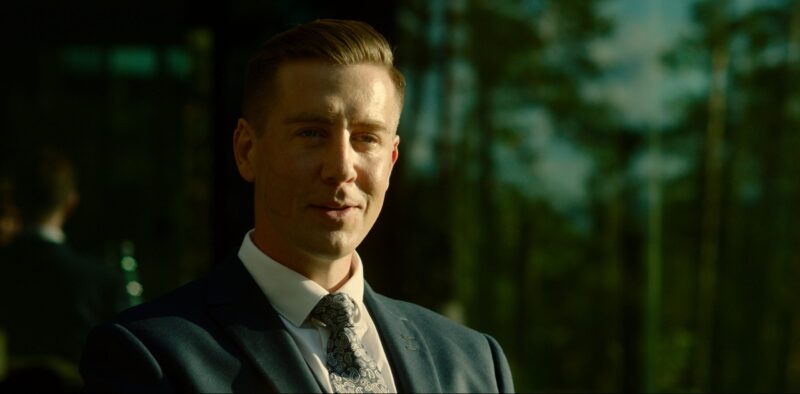
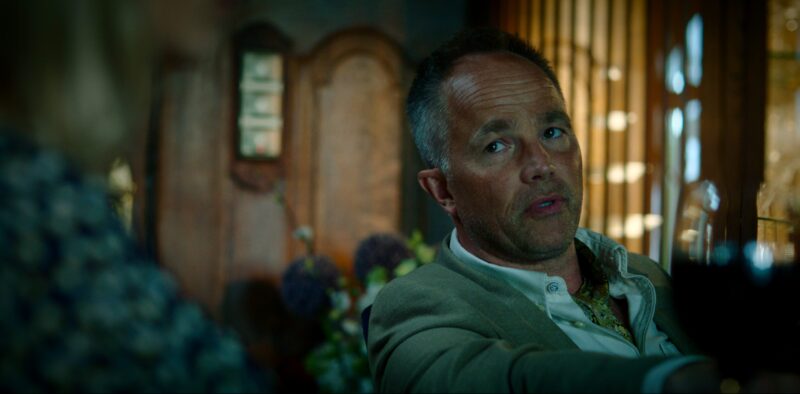
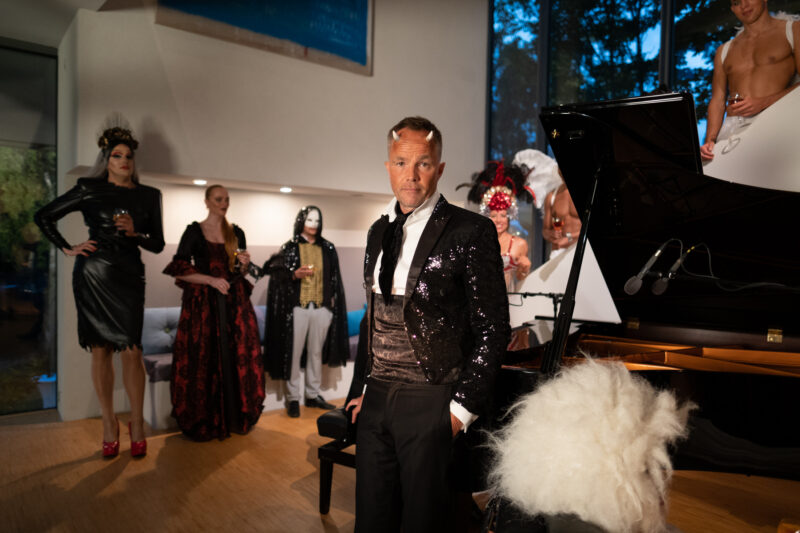
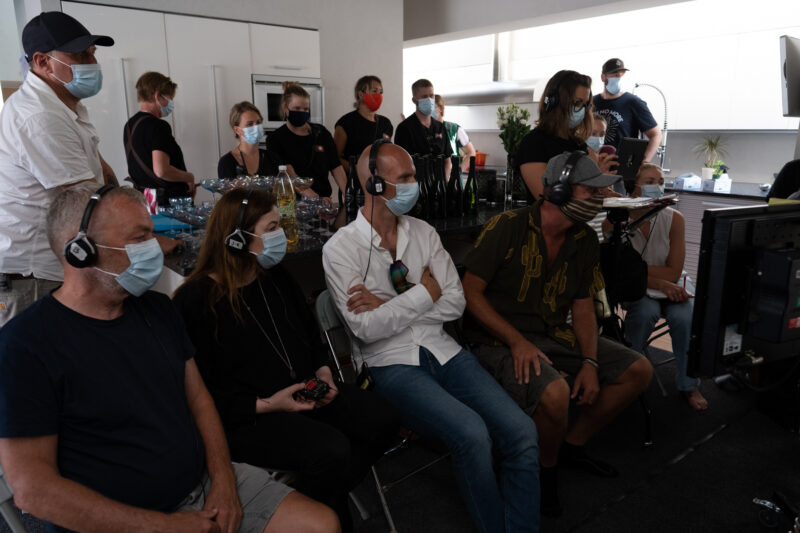
I feel that season 2 is a far less entertaining continuation of season 1. There is way too much use of the same songs as soundtracks for “introspeciton” and the stakes are not raised. Henrik’s decision towards his family felt so forced and out-of-the-blue and it took us nowhere. He’s back where he was, as it is the case with William, which makes it seem like season 2 was just an attempt to keep the series going without moving the plot.
Although the phrase ““everyone” feels the need to shout that they have been violated” makes me cringe, I do agree with the reviewer in terms of how out-of-place Hermine’s trip felt. It was far more interesting to see her thriving and drive Adam mad by using things out of his arena.
I didn’t hate the season but I’m intrigued whether there is an end-game with the show or we’re just expected to ride along just for the antics and the debauchery.